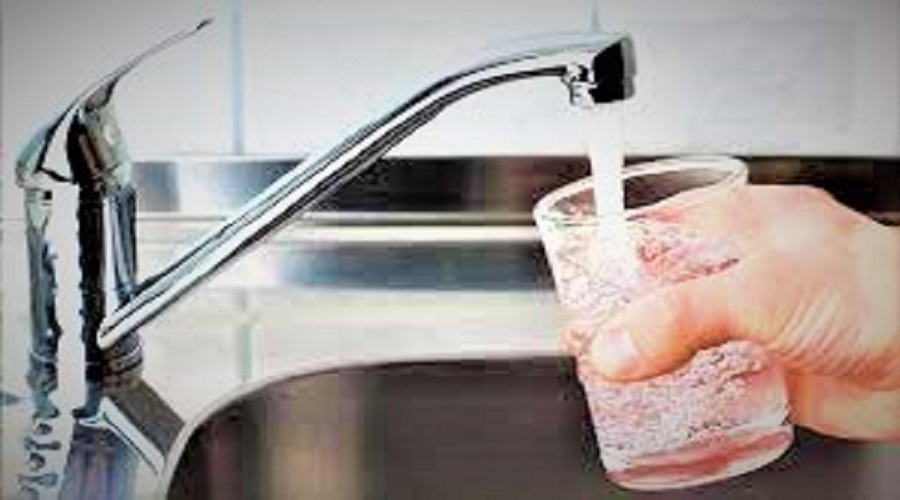A. Harikumar
When the American poet Samuel Taylor Coleridge wrote, “Water, water everywhere, / nor any drop to drink, he wasn’t forecasting a drinking water crisis in the South Indian state of Kerala. But those lines aptly describe the drinking water shortage in Kerala at present. The state criss-crossed by 43 rivers and several water bodies including fresh water lakes lags behind many Indian states in ensuring potable water to rural households.
According to the statistics revealed at the regional conference of ministers of six states and two union territories at Bangalore on (March 5) to review the progress of Jal Jivan Mission, the percentage of rural households in Kerala with Functional Household Tap Water Connection (FHTC) is less than the national average. Access to clean drinking water is considered as one of the important indicators of development globally. So, it’s paradoxical that Kerala which leads the country in many development indicators lags behind in providing clean drinking water.
The statistics is startling. While just 39 percent of households in the state has FHTC, the national average is 49 percent. This is the same as that of Madhya Pradesh, which is often termed as a BIMARU state (weakened/diseased state). Kerala. Karnataka with 47 percent of households with FHTC, trails Tamil Nadu with 41 percent of households having FHTC and Andhra with 53 percent households with FHTC. Telengana and the union territory of Puducherry leads with 100 percent households having FHTC beating all others in ensuring potable water to all households.
It is interesting to note that before the launching of Jal Jivan Mission in August, 2019, only 23 percent of the rural households in Kerala had tap water connection. In the subsequent 2.5 years more than 15 percent of the total rural households were also given functional household tap water connections thus raising the percentage of houses with FHTC to 39. The central government is aiming to provide all households in the country with FHTCs by 2024 and Kerala will benefit immensely when it happens.
Poor quality of water sources
Earlier, many studies conducted in the state had found that a vast number of households in Kerala don’t have access to safe drinking water and a large number of water sources are contaiminated. According to a study of the union government, 34 percent of the water sources in the state are contaminated with fluoride, nitrate, arsenic etc; The national sample survey 2015 found that less than 30 percent of the rural households in the state had access to safe quality drinking water. Meanwhile the state also faces shortage of drinking water also. Private players are distributing water in Urban areas, most importantly in Kochi city.
People often buy drinking water at high rates from private suppliers of water. There are complaints that many private players are providing inferior quality drinking water charging exorbitant rates.

